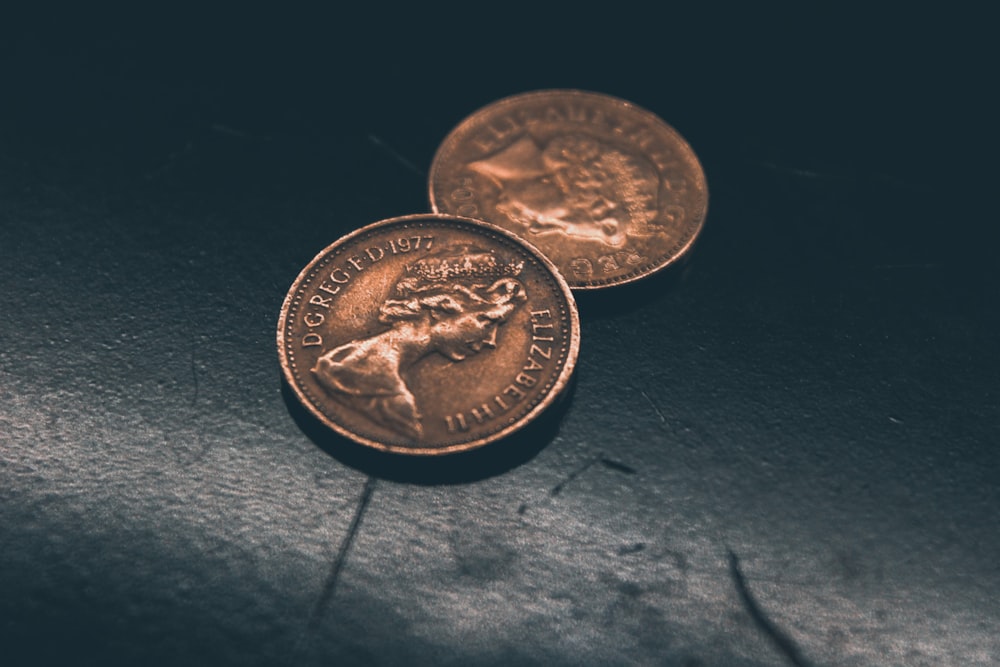
ETFs are widely acclaimed for their low fees. Equity ETFs charge an average MER of 0.40%, whereas equity mutual funds charge 1.5% - 2%. Many popular ETFs are even cheaper. VOO allows you to own the entire S&P 500 for only 0.03%. Talk about a bargain. How are ETFs able to charge so little?
Passively Investing, Actively Saving
Many ETFs are passive, they simply track an index. Active funds require a lot more work. These strategies employ professionals who constantly research, analyze and trade securities, all in the hopes of beating the market. Passive strategies eliminates the need for all this which logically lowers costs.Mutual Fund Friction
Not all mutual funds are active, there are index funds. Despite taking a passive approach, they still cost more. This is due to the additional complexity in their structure.A mutual fund company needs to manage all the record keeping and regulatory tasks for every order. Once the order is processed, the fund's portfolio manager goes into the market to execute the trades. A lot of cooks in the kitchen.
Trading ETFs can be done in the open market between investors. This bypasses the ETF company's involvement and greatly reduces the amount of work they need to do. These savings add up and are passed onto you, the investor.
ETFs require a lot less people and a lot less work, hence why they're so much cheaper.

Comments
Post a Comment